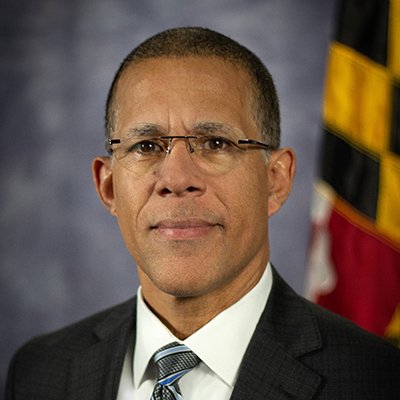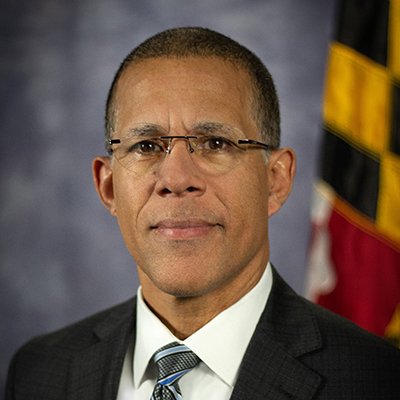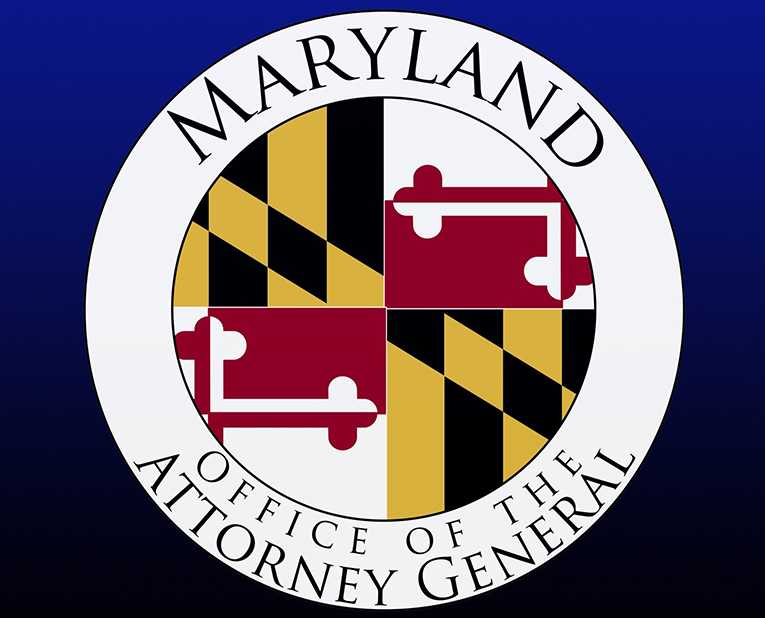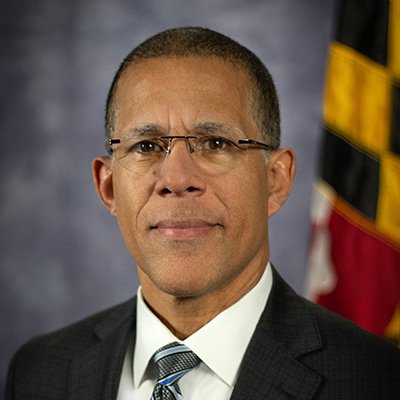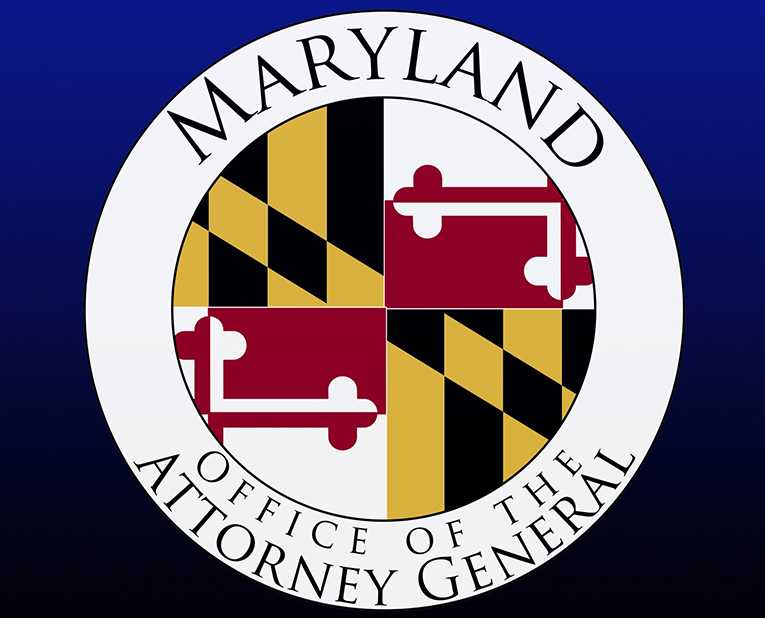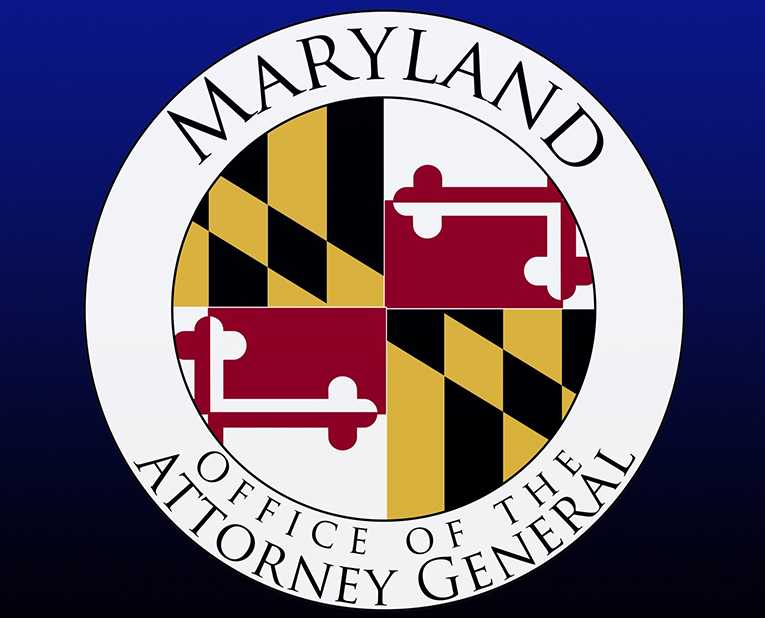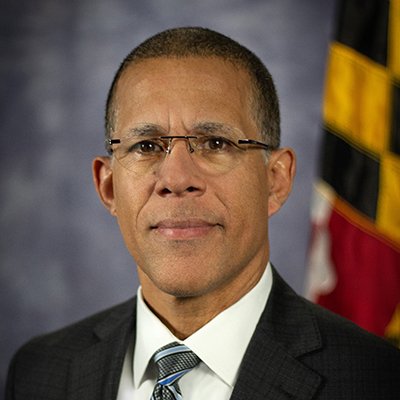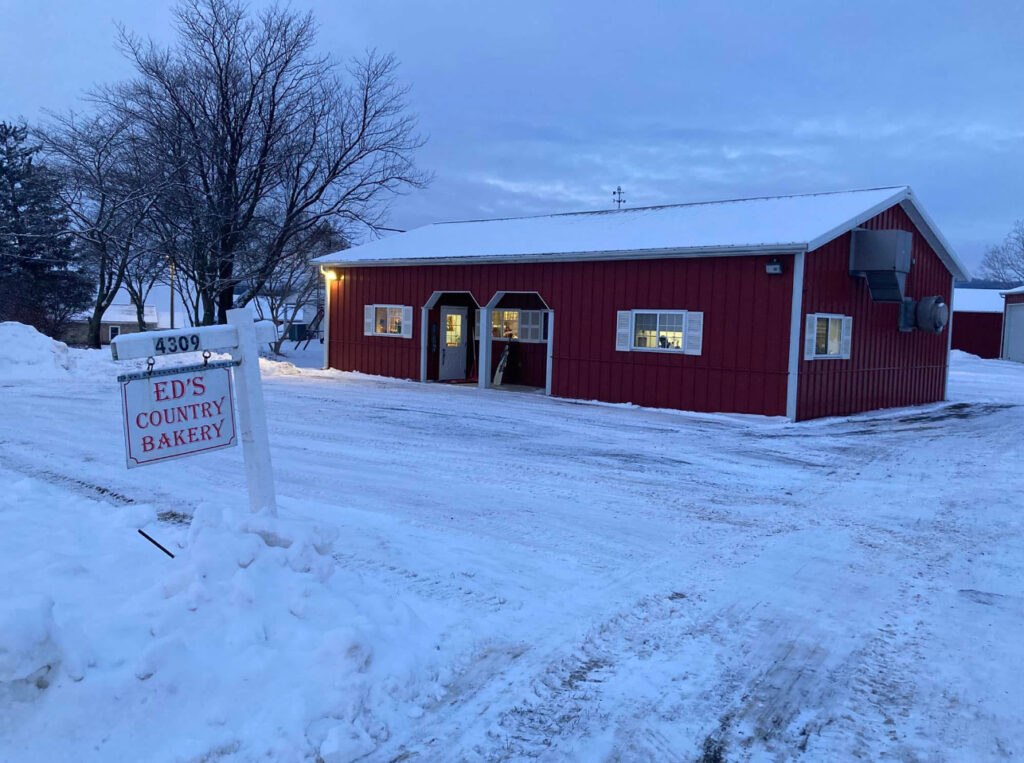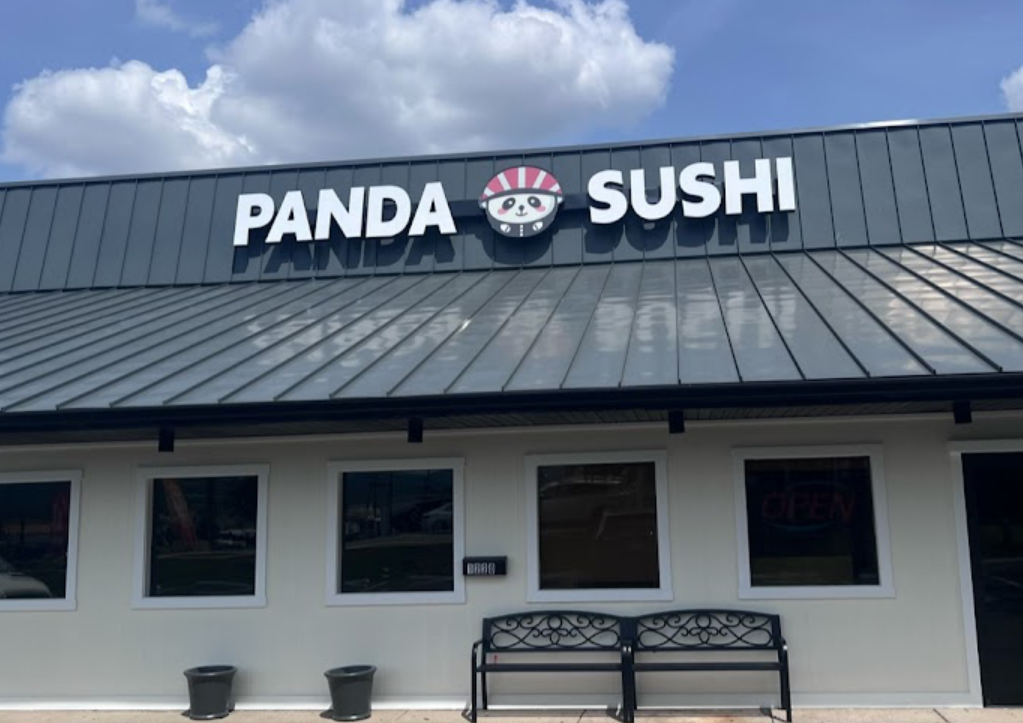While the case is being reviewed by the U.S. Court of Appeals for the First Circuit, Maryland Attorney General Anthony Brown joined 18 other attorneys general in filing an amicus brief in favor of the continuation of the CHNV parole program, which permits more than 500,000 immigrants from Cuba, Haiti, Nicaragua, and Venezuela to live and work lawfully in the United States.
According to the news release issued on Thursday, July 3, Attorney General Anthony G. Brown joined a group of eighteen other attorneys general in submitting an amicus brief to the U.S. Court of Appeals for the First Circuit in the case of Doe v. Noem. The brief urged the Court to recognize the legal CHNV parole program and uphold the ruling of the lower court. More than 500,000 immigrants from Cuba, Haiti, Nicaragua, and Venezuela who escaped hazardous conditions back home are able to keep their legal status in the United States because to this program.
According to Attorney General Brown, humanitarian parole programs provide immigrants who have escaped persecution and violence with the opportunity to integrate into Maryland communities, create families, find employment, and boost the state’s economy. In addition to uprooting families, abruptly ending this program will hurt Maryland businesses and communities that rely on these hardworking, law-abiding individuals who merely want to improve their own and their families’ futures.
The U.S. Department of Homeland Security (DHS) launched the CHNV parole program in 2022 and 2023 for immigrants escaping violence and intolerable conditions in their native countries, notably Cuba, Haiti, Nicaragua, and Venezuela, under the Biden-Harris administration. For urgent humanitarian reasons, the program allows parolees to live and work lawfully in the United States for a period of two years.
The lives of more than half a million lawfully present immigrants nationwide were dramatically upended when President Trump signed an Executive Order shortly after taking office, instructing the DHS Secretary to halt the CHNV parole program and other humanitarian parole options from the Biden-Harris era.
Due to DHS’s illegal mass revocation of CHNV parole status based on faulty legal reasoning, the district court issued a preliminary injunction against DHS’s termination of their parole. The court argued that over 500,000 immigrants would suffer irreversible injury if the CHNV parole program were abruptly terminated, leaving them without legal status, unable to work, and unable to support their families. The case is still for appeal in the First Circuit after the Supreme Court delayed the preliminary injunction.
The group argues in the brief in support of the district court’s ruling, highlighting how the illegal mass termination of CHNV parole would jeopardize recipients, split families, cause economic disruptions, exacerbate labor shortages already in place, and jeopardize public safety.
The attorneys general of Massachusetts, Illinois, New York, California, Connecticut, Delaware, the District of Columbia, Hawaii, Maine, Minnesota, Nevada, New Jersey, Oregon, Rhode Island, Vermont, Washington, and Wisconsin have joined Attorney General Brown in presenting this brief.
